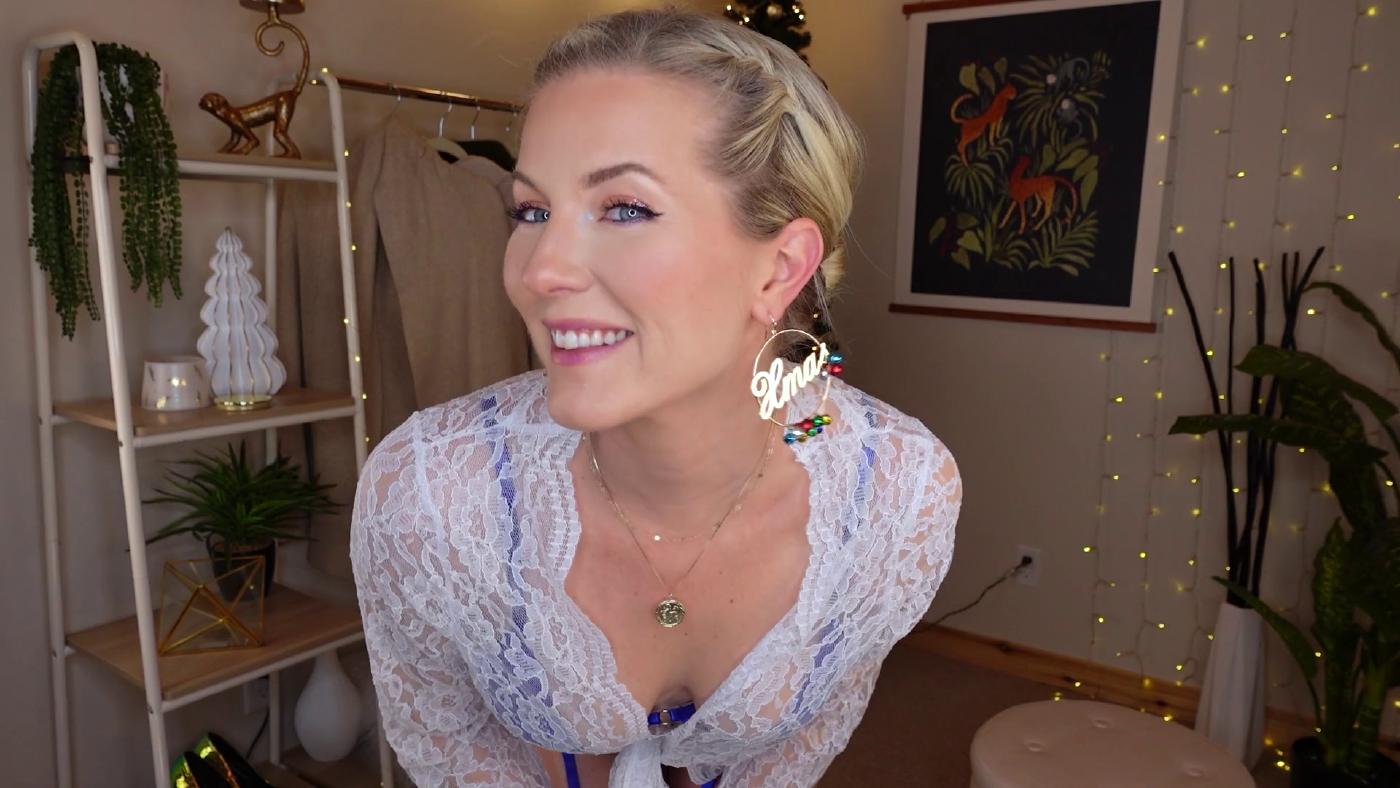Are we witnessing the erosion of responsible influence in the digital age? The rise of "influencers gone wild" signifies a troubling trend where the pursuit of virality overshadows ethical considerations, leading to potentially damaging consequences for both individuals and society.
The realm of social media, once envisioned as a platform for connection and communication, has become a battleground for attention. Through the lens of carefully curated feeds and meticulously crafted narratives, influencers, armed with a legion of followers, wield considerable power. They dictate trends, shape consumer behaviors, and contribute significantly to the ongoing cultural discourse. However, the very nature of this influence, coupled with the pressure to maintain relevance in a perpetually evolving landscape, has created a breeding ground for risky and often irresponsible behavior. The consequences are far-reaching, as these actions ripple outwards, impacting not only the individuals directly involved but also the broader societal fabric.
Consider the impact of these online personalities. Their actions can influence societal values, consumer trends, and even cultural conversations. The weight of this responsibility, however, often seems to be overlooked in the relentless pursuit of likes, shares, and followers. Its a complex issue that warrants careful consideration.
The term influencers gone wild encompasses a wide spectrum of inappropriate conduct. Its an umbrella term that refers to online creators who engage in irresponsible or dangerous behavior. This includes, but is not limited to, illegal stunts, the dissemination of offensive material, and the promotion of deceptive or dangerous goods. Such actions often go viral, capturing the attention of millions, but rarely in a positive light. The notoriety gained is a double-edged sword, capable of catapulting individuals to fleeting fame while simultaneously eroding their credibility and potentially causing lasting harm.
Why do influencers resort to such extreme tactics? The answer lies in a confluence of factors. They are always under immense pressure to create engaging content. The algorithm, the invisible gatekeeper of online success, rewards novelty and shock value. The fear of irrelevance, the constant pressure to outperform competitors, and the desire to maintain a high profile all contribute to a climate where ethical boundaries are frequently blurred. This can lead to a dangerous cycle where escalating acts of outrageous behavior become necessary to maintain a following.
But what exactly does influencers gone wild encompass? It manifests in diverse forms. Its the public indecency, the disregard for cultural sensitivities, and the deliberate provocation aimed at generating controversy. It encompasses a range of activities from the innocuous to the outright harmful. We see it in the relentless pursuit of shock value, in the promotion of dubious products or services, and in the blatant disregard for safety and ethical standards. The underlying motivation is simple: to capture attention, to gain a larger audience, and to capitalize on the ensuing economic opportunities. This pursuit is, in many instances, at the expense of their audience, the brand, and society.
The consequences of this behavior extend beyond the immediate impact of a viral video or a public relations crisis. These influencers, particularly those engaging in "gone wild" antics, are instigating a seismic shift in what society deems acceptable. Their actions are causing people to rethink the very definition of fame and success. The boundaries of right and wrong are blurred, and the landscape of online engagement transforms into a space where the most shocking content often prevails. It is a complex issue that needs to be discussed.
Here's a look at examples of these influencers. Nudity in front of a sacred tree, illegal stunts, offensive content, and deceptive advertising are just a few of the ways they push boundaries. Its a dangerous game, one where the pursuit of fleeting fame can have severe consequences.
These influencers, especially those called gone wild, are beginning a dialogue about their impact on culture. Their actions are changing what we think is right and wrong, leading to a transformation in the landscape of how we create and consume content.
| Aspect | Details |
|---|---|
| Definition of "Influencers Gone Wild" | An umbrella term for social media influencers engaging in irresponsible, risky, or boundary-pushing behavior to gain attention and increase popularity. This includes actions that violate ethical standards, promote harmful content, or exploit cultural sensitivities. |
| Common Behaviors |
|
| Motivations |
|
| Consequences |
|
| Impact on Culture |
|
| Examples |
|
| Responsibilities of Influencers |
|
| Impact on Society |
|
The influence of social media is undeniable. However, the actions of these influencers serve as a reminder of the importance of responsible digital citizenship. It is crucial that we, as individuals, are critical consumers of online content. It is also paramount that platforms take the initiative to create and enforce more robust guidelines and to hold influencers accountable for their behavior. The consequences of inaction are too dire, potentially shaping a future where the pursuit of fleeting fame overshadows the ethical imperative to act responsibly.
The question now is: What actions can be taken to counteract this troubling trend?


